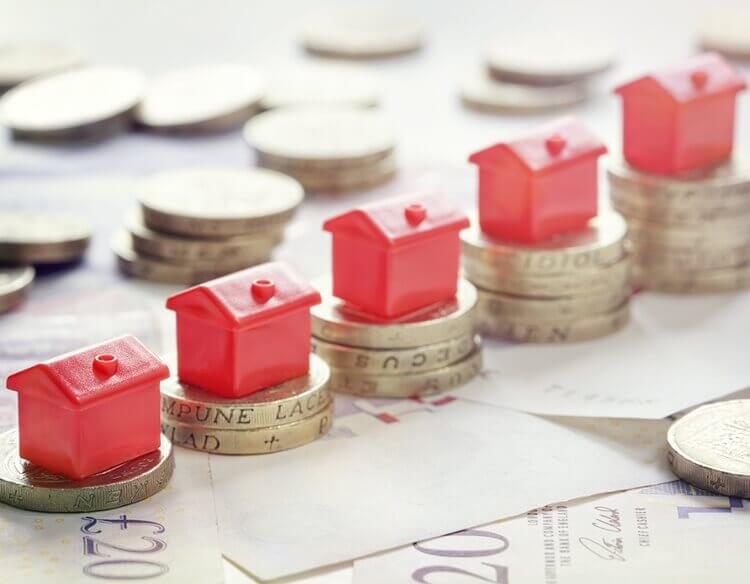The global hospitality sector has been hit hard by the COVID-19 crisis. In early January 2020 there were rumblings of a virus that had surfaced in China.
NB: This is an article from Roomdex, one of our Expert Partners
In just a few short weeks, hundreds of countries suspended flights or halted international travel. Domestically, national and sub-national jurisdictions instituted stay at home orders. Overnight hotels had to move swiftly to mitigate the financial impact of the pandemic on their business, from furloughing staff, reducing costs, to pivoting online and integrating contactless solutions to investing in new technology.
Subscribe to our weekly newsletter and stay up to date
Now, after many months of unpredictability, domestic and regional travel has re-started and some countries across the global have begun to reopen their economies. In anticipation of a rebound in travel demand, ROOMDEX CEO, Jos Schaap, explains why upselling is necessary in today’s context, and as the hospitality sector eagerly gears up to open their doors and welcome guests once again, how you can make the best out of upselling for your hotel.
Maximise the value of your real estate investment via upselling
Traditionally, hotels focused on acquisition while ancillary guest revenue was an afterthought. In the COVID world however, ADR and occupancy are at an all-time low, so hotels need to maximize revenue per guest even after the reservation is made. Digital upselling is a quick and effective way to do this – through room upgrades, early check-in and late departure. The rooms are present, no additional arrangements are needed, and they have the highest margin.
However, when it comes to upselling, in particular room upgrades, hotels have commonly experienced low success rates. One of the reasons is that upselling was, and is mostly a blind exercise, with broad assumptions made about guests prior to an offer. As such, there is a high probability that upgrades are offered to the wrong person (or not offered at all) resulting in a low conversion. In addition, hotels tend to be too cautious with room upgrade pricing, with many setting static rates, which are not responsive to demand, occupancy, and forecast conditions.
The value of a room for any given night is gone forever if it is not sold. Hotels should therefore focus on maximizing the value of the real estate investment rather than be worried about lowering the price on a particular room category. Every additional dollar made through an upgrade, whether it’s a premium or standard room, is an almost 100% addition to the margin and contribution of the hotel.
Maximize guest revenue opportunities via upselling
In addition to room upgrades, early check in and late check out equally provide the most amount of margin of all your ancillary products – with the least amount of effort. While the tendency is to offer a plethora of products, from breakfast, to bike rentals and everything in between, at end the day, more dollars are spent fulfilling upsells like this, than actually making a meaningful yield. The easiest way to upsell is to look at what you already have that can be fulfilled without requiring any work on your part i.e. your real estate, more specifically your rooms.
Early check in and late check are two of the most under optimized upsell areas of hotel management, yet they are the easiest to fulfil. What’s more is that contrary to popular belief, guests more than happy to pay for early check-in and late check-out. One of the trends that the industry has seen is that guests want convenience and control as part of their stay. Offering guests, the option of early check in and/or late check, at a reasonable cost, provides the flexibility they want. It also means extra, high margin revenue for your hotel.
Jos highlights the psychological underpinnings of the Guest Tension Arc. Guest’s have evolving feelings about costs, spending and their upcoming stay in the time between the reservation and check-in and upsell opportunities are directly related to the flow of the Arc. Hotels often make the mistake of offering too many options and by doing so not only do they devalue each offer but also induces a state of choice paralysis; fewer targeted and timely upselling options will perform better.
Maximize upsell revenue by measuring results
As the old saying goes, “what is not measured cannot be improved.” You cannot optimize any activity without measuring the results. So, when it comes to upselling, it’s no different. To help hoteliers define upsell performance, there is an array of new upselling KPIs that hotels should adopt to understand their current upselling efforts and help maximize upsell revenue opportunities.





